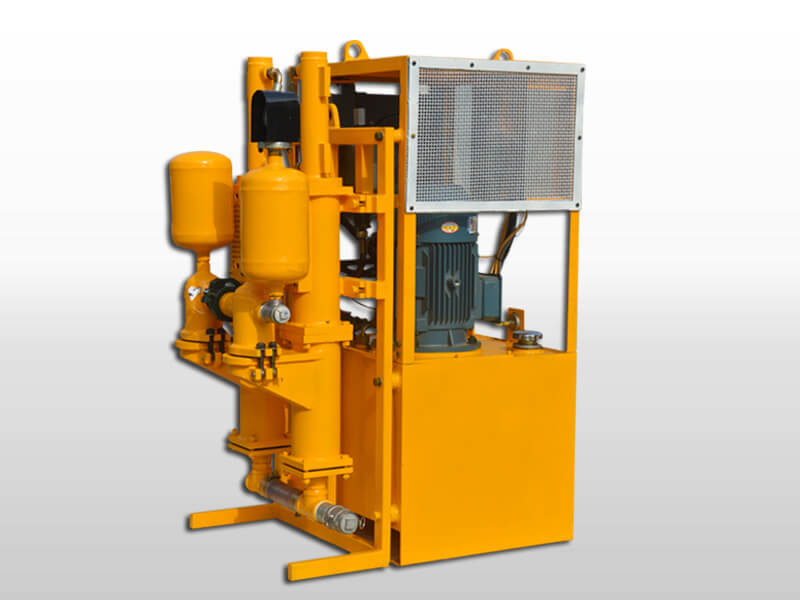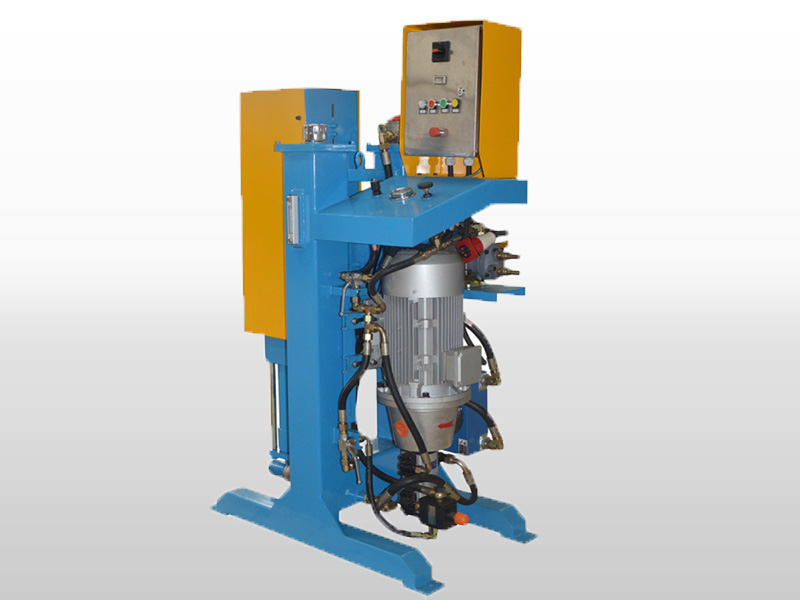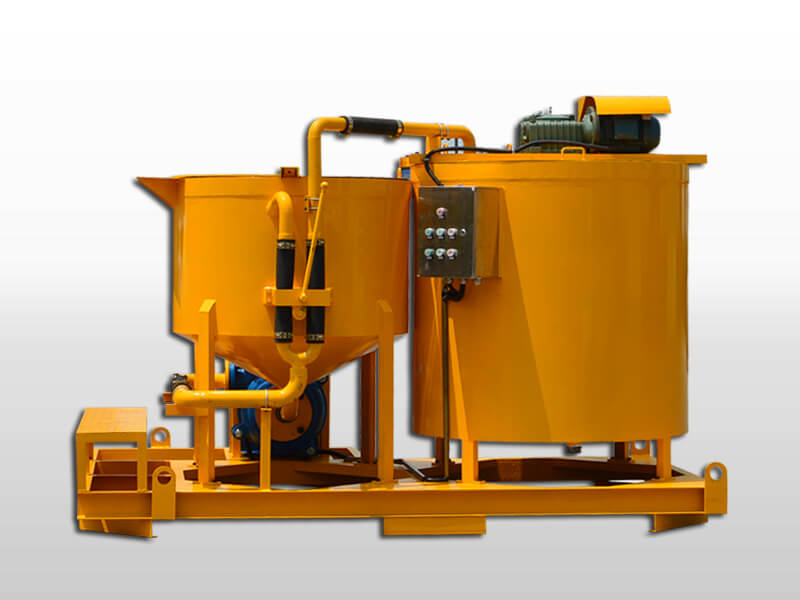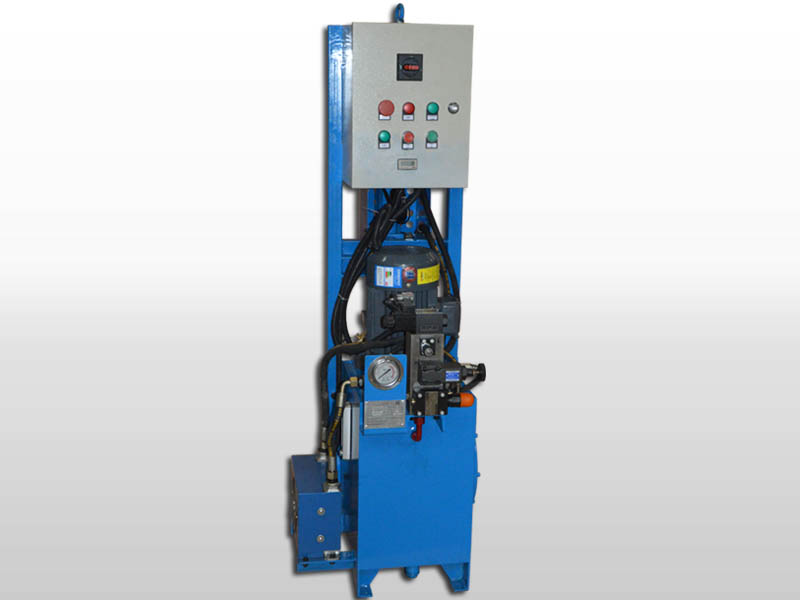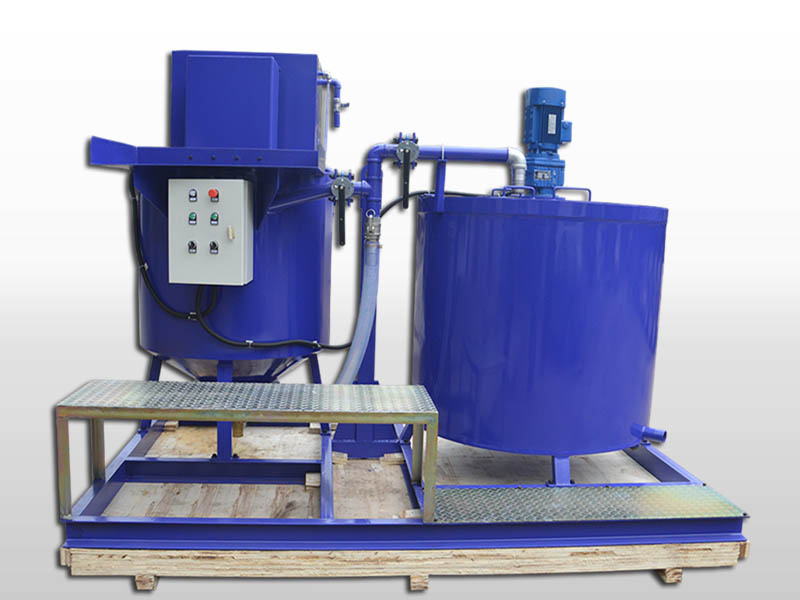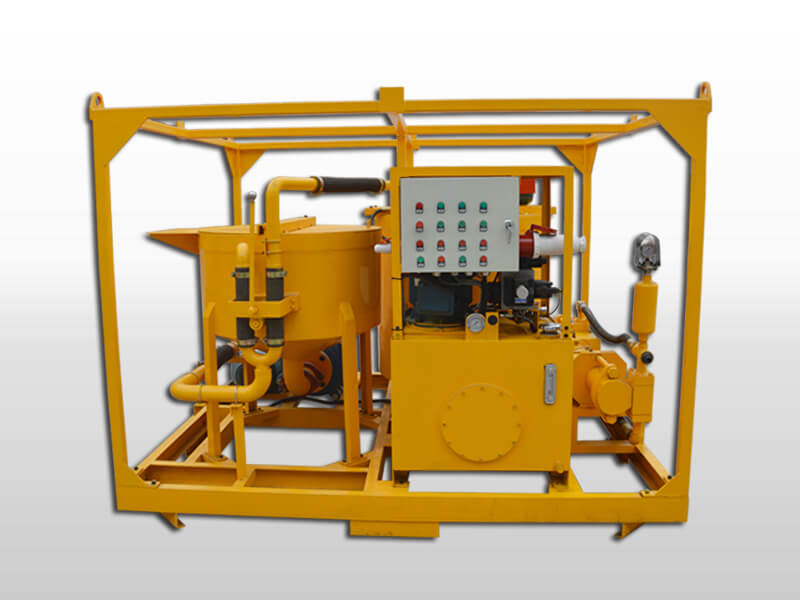positive displa cement lobe grout pump positive displa cement
Understanding positive displacement pumps | PumpScout
Positive Displacement Pumps In order to better understand positive displacement pumps it’s important to understand how they differ from centrifugal pumps – especially the way in which each operates within a system. This articles highlights some of those differences and describes each type of positive displacement pump.
Positive displacement pumps – PetroWiki
POSITIVE DISPLACEMENT ROTARY LOBE PUMPS . Pump Ratings . Operating Principle. 1 2 3 1. Fluid enters from the suction nozzle of the pump and begins filling the lobe cavities. 2. The lobes rotate, moving fluid trapped in the cavities between lobe tips. 3. The lobes mesh, forcing fluid contained in the lobe cavities into the discharge nozzle of …
Pump – Wikipedia
Rotary lobe pumps are similar to external gear pumps in operation in that fluid flows around the interior of the casing. • Rotary lobe parts have a longer life span • Unlike external gear pumps, the lobes do not make contact. Lobe contact is prevented by external timing gears located in the gearbox. • Rotary lobe pumps can handle higher …
Positive Displacement Pumps – PUMP MANUFACTURERS
A practical difference between dynamic and positive displacement pumps is how they operate under closed valve conditions. Positive displacement pumps physically displace fluid, so closing a valve downstream of a positive displacement pump produces a continual pressure build up that can cause mechanical failure of pipeline or pump.
Positive Displacement Pumps – engineeringtoolbox.com
The SN3 Rugged Well Water Pump is the ideal pump for the off-grid water supply. The SN3 pumps more GPH and draws far less power than others in class.
Positive Displacement Pumps Selection Guide | Engineering360
regenerative (peripheral) pump; peristaltic; A Positive Displacement Pump, unlike a Centrifugal or Roto-dynamic Pump, will produce the same flow at a given speed (RPM) no matter the discharge pressure. A Positive Displacement Pumps is a "constant flow machine" A Positive Displacement Pump must never operate against closed valves on the …
What is Positive Displacement Pump – Definition, Types and
Sep 07, 2017· Positive displacement pump (PDP) is a type of pump in which a moving fluid is captured in a cavity and then discharges that fixed amount of fluid. The displacement of fluid takes place by some parts like plunger, piston, diaphragm etc. some of these pumps have expanding cavity at the suction side and a decreasing cavity at the discharge side.
Positive Displacement | Blowers | Robuschi
The Robox Lobe, which is the Robuschi Positive Displacement Rotary Lobe Blower, is an integrated package designed to convey gas at low pressure. Based on the RBS lobe positive displacement rotary lobe blower, it is operated by an electric motor through a belt drive.
Positive Displacement Blowers – Blowers – Grainger
Positive displacement blowers from Grainger can replace various Roots-type blowers and vacuum pumps that are used in a wide range of industrial applications, such as pneumatic conveying, wastewater treatment, surface cleaning, and dairy milking.
Positive displacement pump – What is it? | Grundfos
A positive displacement pump must not operate against a closed valve on the discharge side of the pump, because it has no shutoff head like centrifugal pumps. A positive displacement pump operating against a closed discharge valve continues to produce flow and the pressure in the discharge line increases until the line bursts, the pump is …
Positive Displacement Pumps | Find info and get quotes
Reciprocating pumps incorporate one or more sets of check valves at the inlet and outlet of the pump to help guild the liquid through the pump and to prevent reverse flow. Primary advantages of PD pumps. In general, positive displacement pumps are ideal for applications where a constant flow is needed.
The Classification of Pumps: Centrifugal and Positive
Mar 07, 2018· The classification of pumps or the "types of water pumps and their working principles". Pumps are divided into 2 major categories: Dynamic (Centrifugal) and Positive Displacement. Centrifugal pumps are the most common pump type. Success in water projects depends on the selection of reliable pumps, so do read this.
Positive Displacement Pumps. Positive Displacement pumps are generally used for specialist applications such as for pumping viscous liquids or liquids that contain suspended or fragile solids. These pumps are typically not capable of such a high flow rate as say, a centifrugal pump, but they are capable of producing much higher pressures.


